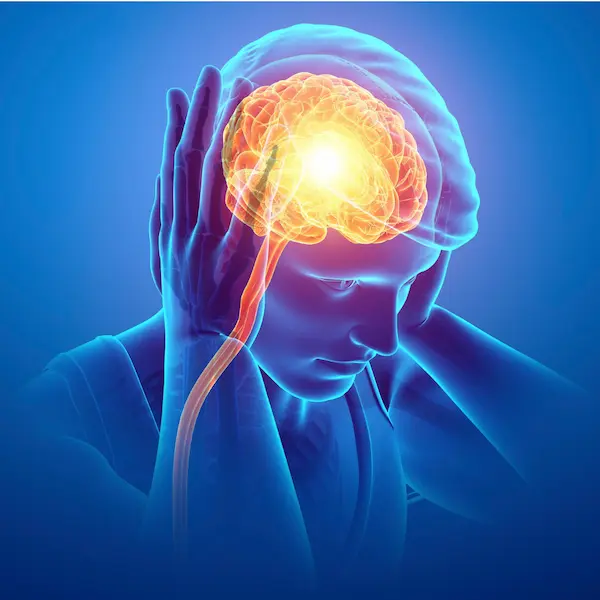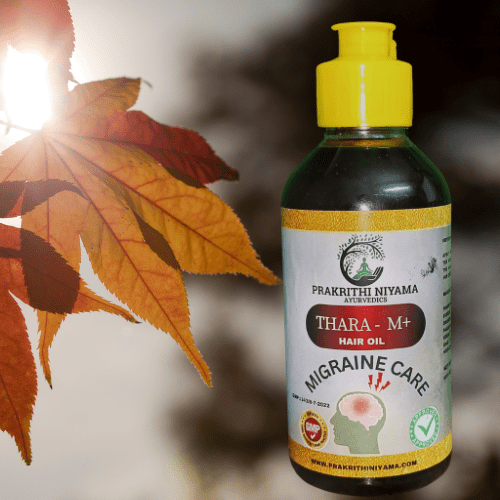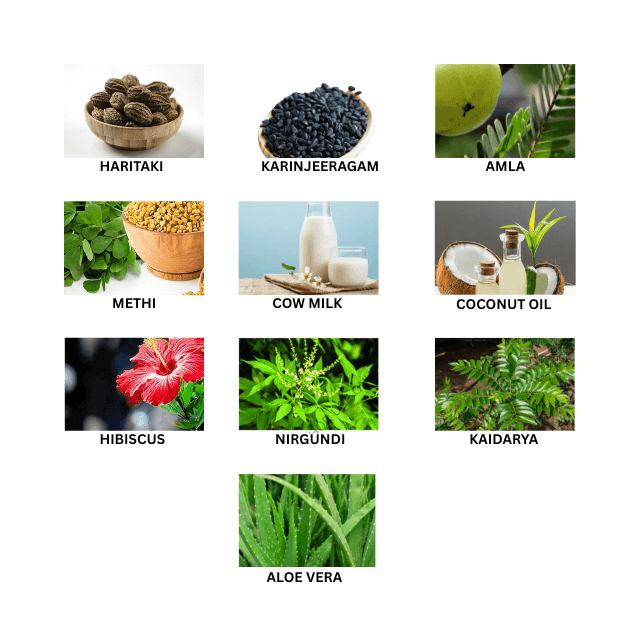

MIGRAINE CARE
Migraine – More Than Just a Headache
In Ayurveda, migraine is known as Ardhavabhedaka, a condition marked by intense, one-sided head pain that can severely affect daily life. Unlike a common headache, migraines are deep-rooted imbalances caused by aggravated Vata and Pitta doshas, affecting the head, nervous system, and digestive fire (Agni).
Common Causes of Migraine (Ayurvedic View)
Mental stress, overthinking, anxiety
Irregular sleep patterns
Indigestion, toxin buildup (Ama)
Hormonal imbalances
Excessive exposure to sunlight, noise, or bright screens
Skipping meals or eating incompatible foods
When the body’s inner balance is disturbed, it triggers sharp, pulsating pain, often accompanied by nausea, dizziness, visual disturbances, and sensitivity to light and sound.
🔍 Common Symptoms of Migraine
Migraines often announce themselves with a series of warning signs before and during the attack.
⚡ Typical Symptoms Include:
Throbbing or pulsating pain (usually on one side of the head)
Nausea and vomiting
Sensitivity to light, sounds, and sometimes smells
Blurred vision or seeing flashes of light (aura)
Dizziness or imbalance
Irritability, mood changes, or difficulty concentrating, Digestive disturbances like bloating or constipation before the attackFatigue or weakness after the pain subsides
Ayurvedic Approach to Healing Migraine
Ayurveda doesn’t just suppress symptoms; it aims to:
Calm aggravated Vata and Pitta
Improve digestion and toxin elimination
Strengthen the nervous system
Restore natural harmony of mind and body
This holistic treatment helps reduce the frequency, severity, and intensity of migraine attacks over time, rather than just offering temporary relief.
TARA -M+

🌿Main Ingredients

Do’s and Don’ts for Migraine Management
How to Use:
Take a few drops of Tara oil and massage gently into the scalp and leave if for a minimum of 45 minutes before washing. Use 2–3 times a week for excellent results.
✅ Do’s:
Maintain a regular eating and sleeping schedule.
Follow a light, easily digestible diet to keep Agni (digestive fire) strong.
Practice stress management techniques — meditation, pranayama (breathing exercises).
Use cooling therapies like applying sandalwood paste or coconut oil on the forehead.
Stay hydrated with lukewarm water and herbal teas.
Rest in dark, quiet environments during an attack.
Practice Shirodhara (therapeutic oil dripping on forehead) under Ayurvedic guidance if possible.
🚫 Don’ts:
Avoid fasting or skipping meals.
Stay away from spicy, oily, fermented, and junk foods.
Minimize screen time and excessive exposure to bright lights or loud noises.
Don’t overwork, overstress, or ignore sleep.
Avoid consumption of very cold foods/drinks immediately after meals.
